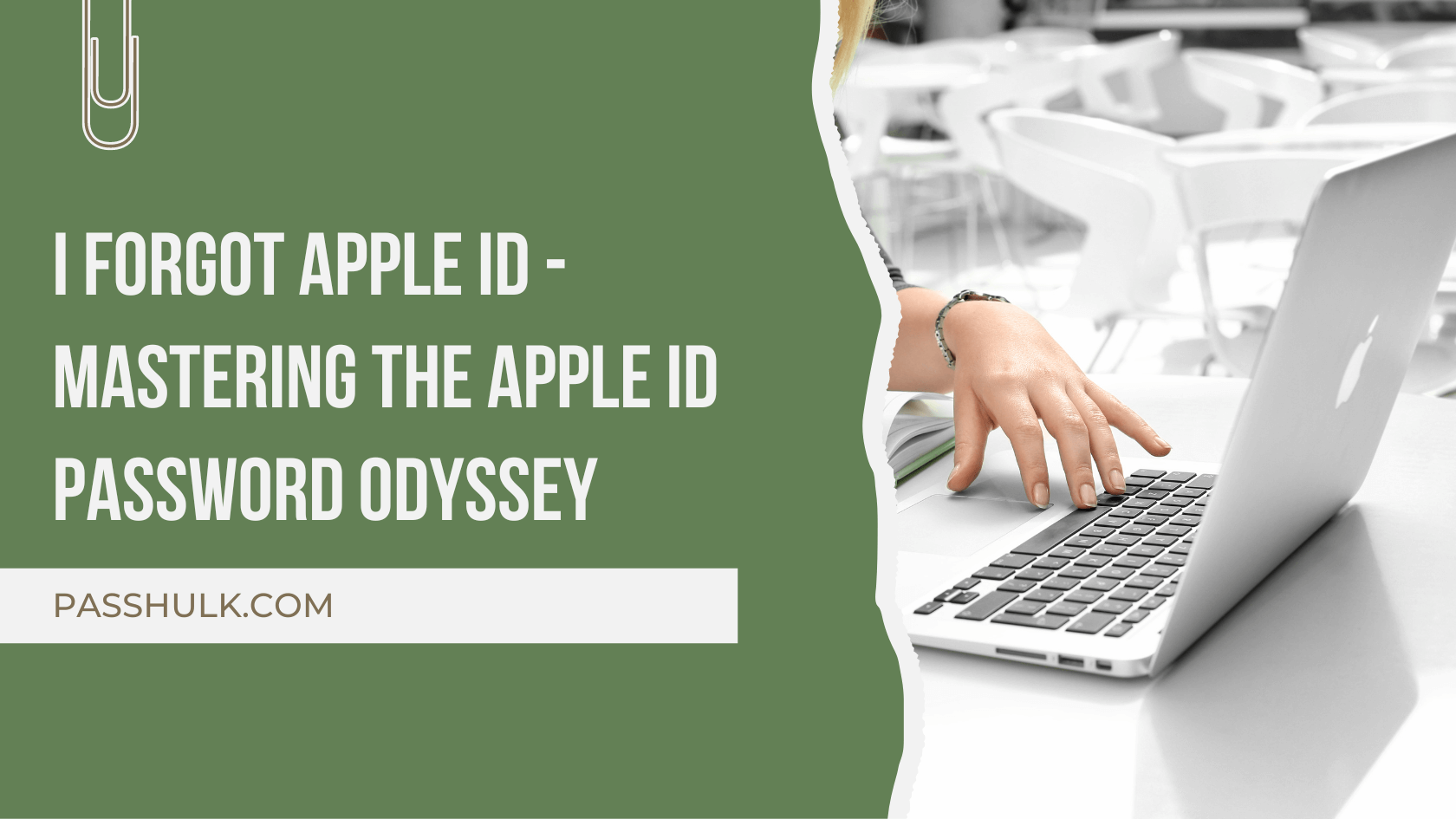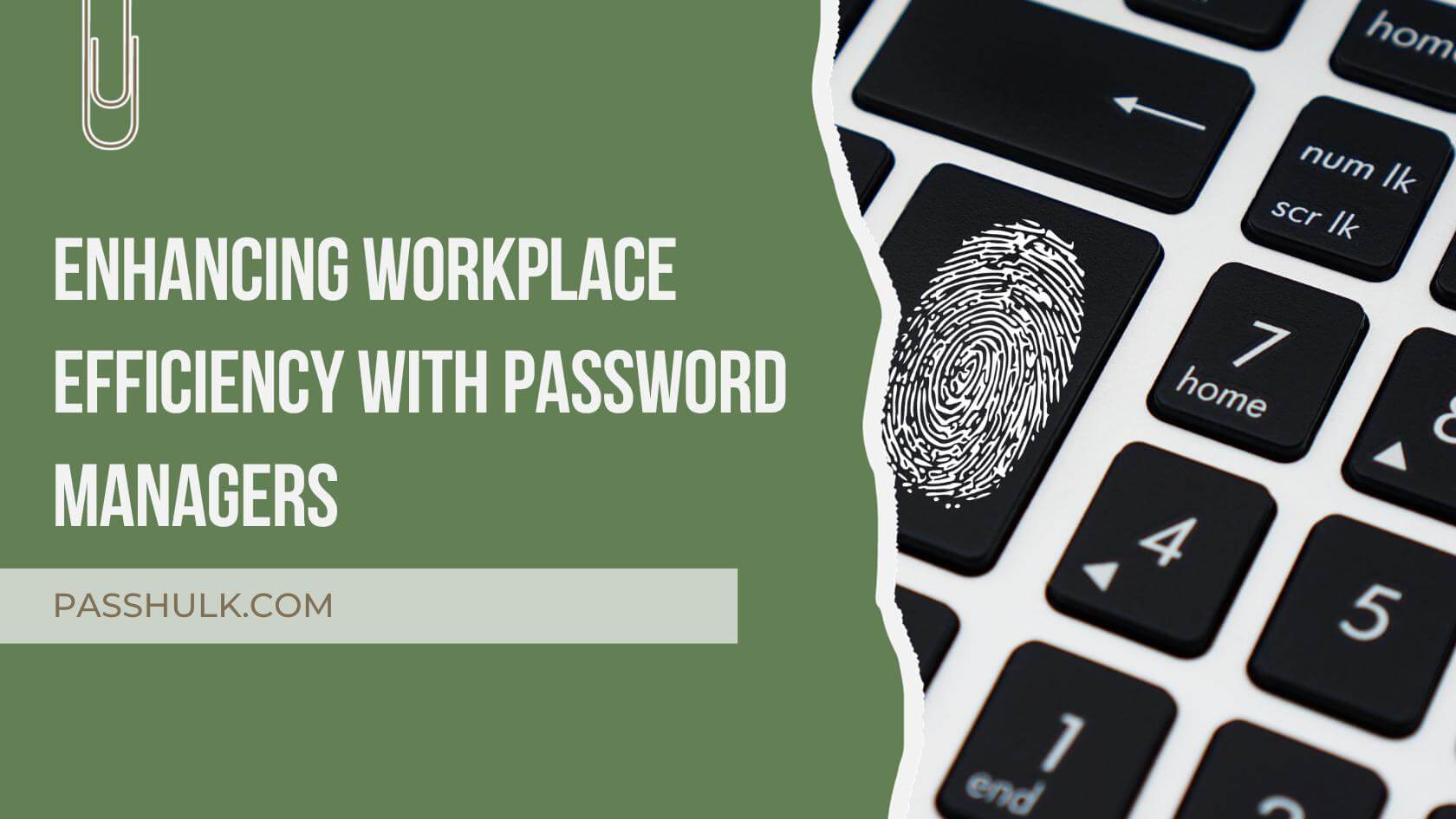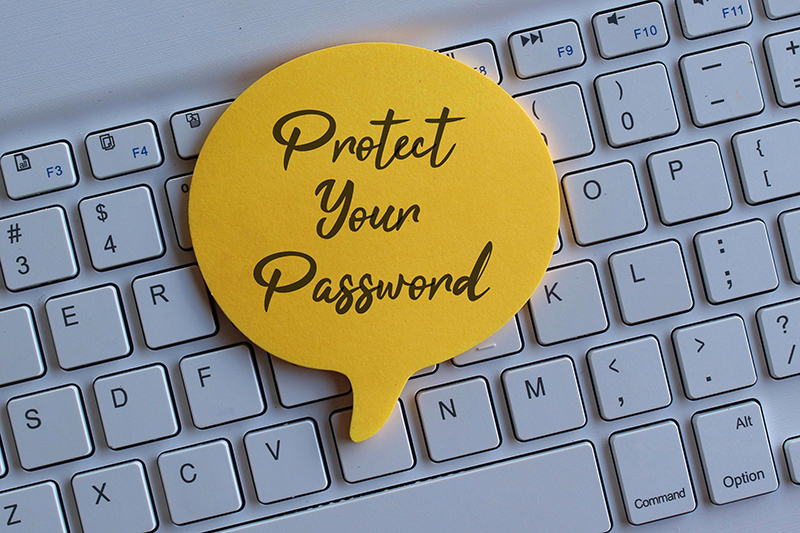Threats around data security are getting more sophisticated through the years. You must also layer your business data with cyber security software tools to make sure that nothing and no one can access your data without your permission.
According to Verizon, 58% of data breaches involved sensitive data that contains your name, email addresses, phone numbers, and physical addresses. This may seem harmless to you at first, but its consequences can be dangerous. It can lead to identity theft, compromised accounts, and monetary loss. And as you become more reliant on the internet, your data becomes more vulnerable than ever.
Protect your data by investing in these different types of cyber security software.
1. Antivirus software
Antivirus software is a staple security tool anyone must-have. These are programs designed to detect and remove malicious software such as viruses, worms, trojans, and adware, from your devices.
There are countless antivirus softwares to choose from nowadays. Each one has its own set of features. Some of the essential features that you should look out for are:
- Scan files or directories for malware or other suspicious patterns
- Detect suspicious or infected file
- Remove malicious software from your device
- Display “health” of your computer
While antivirus is a critical and top cyber security software, it is not entirely bulletproof. Sophisticated cyberattacks can still slip through its crack. Hence, it is important that you supplement your antivirus software with other cybersecurity tools, which are some of the essential software for small businesses and enterprises.
2. Firewalls
Next on the list is a firewall. This is a network security program that monitors incoming and outgoing network traffic in your devices. It blocks suspicious or unsecured sources to prevent attacks based on your pre-established security rules. This makes a firewall a crucial protection tool when connecting to the internet.
There are two types of firewalls—software or hardware. Software firewalls are programs you install on your device. Meanwhile, a physical firewall is a piece of equipment installed between your network and gateway.
Firewalls are highly customizable. You can configure its behavior based on your own set of conditions such as creating exceptions to allow certain apps to pass through it.
3. Password management software
Passwords are meant to keep other users out of your accounts or devices. But nowadays, anyone could just brute force their way through. While a strong password can make it harder for others to succeed in cracking it, it is still not enough.
It also doesn’t help that strong passwords can be hard to remember. This can be an issue when you handle multiple accounts at once. And if you think using the same password for all your accounts is the answer to this problem, you better think again.
What you need is a secure password manager. It stores and manages all your passwords and credentials in one secure platform. This way, you won’t risk getting locked out of your account because you forgot your password. It also guides you into creating strong and innovative passwords to keep hackers out.
4. Encryption tools
The mere act of connecting to Wi-Fi can already expose you to countless data security risks. Hence, online security importance is something you need to take seriously.
The best way to protect yourself is through encryption. This is a method where it jumbles the data being sent using complex algorithms. Only authorized parties can decrypt it and access its content. So even if a third-party intercept your connection, your data remains inaccessible.
Encrypt your files using encryption tools. This will encode your sensitive data and provide its decryption key to authorized users only.
5. Network monitoring tools
Almost everything and everyone can be found online nowadays. People can even buy things from the internet instead of going to physical stores. The increasing reliance on the internet means that online security software is a must for everyone who owns a computer, smartphone, or tablet.
You need network monitoring tools. These tools detect and report any vulnerabilities in your connections or devices. It collects metrics around client-server communications, encrypted traffic sessions, and other network operations. This way, you can easily identify any suspicious activities and act on them quickly.
Securing your digital experience
Going digital has its risks. But don’t let these risks stop you from fully enjoying your digital experience. So protect your digital life with Passhulk. Unlike other ordinary password managers, Passhulk also provides other special online security features to protect your online experience. So go ahead and try it out.



